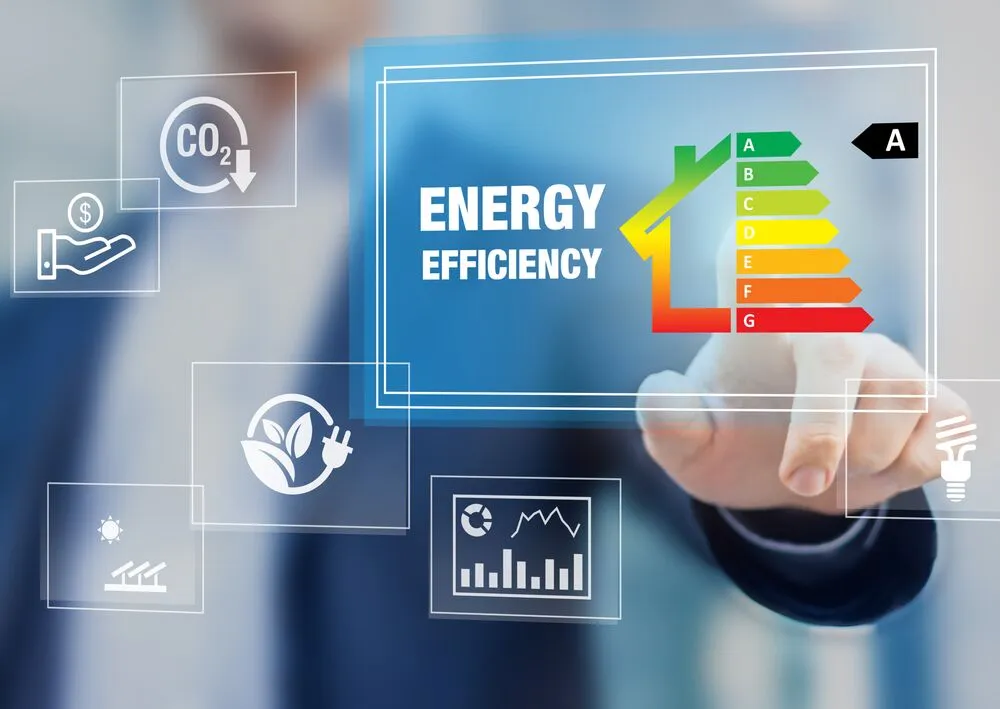EN 50693 Energy Efficiency Testing for Smart Control Devices
The CEN standard EN 50693 specifies the method of testing energy efficiency for smart control devices, including those that are part of a wider smart home or Internet of Things (IoT) ecosystem. This standard is crucial as it ensures that these devices comply with stringent energy consumption limits set by regulatory bodies to promote sustainability and energy conservation.
Smart control devices, such as thermostats, lighting controls, and appliance management systems, are pivotal for enhancing the comfort and efficiency of modern homes and buildings. However, their widespread adoption comes with an environmental responsibility—devices must be designed to consume minimal power without compromising performance or user experience. EN 50693 provides a framework that helps manufacturers meet these goals by offering clear guidelines on how to measure energy consumption under various conditions.
The testing procedure outlined in EN 50693 involves several key steps, all of which are designed to provide accurate and reliable data. First, the device is installed in an environment that closely mimics real-world usage scenarios. This setup allows for a comprehensive evaluation of how the device functions under different conditions, including temperature variations, network connectivity levels, and user interaction patterns.
Once the device is properly installed, it undergoes a series of tests to assess its energy efficiency across multiple parameters. These tests include measuring idle power consumption, active power usage during operation, and overall energy savings achieved through intelligent control algorithms. The results are then compared against predefined thresholds specified in EN 50693, ensuring that only those devices meeting these criteria can claim compliance.
A significant advantage of adhering to this standard is the potential for increased market competitiveness. By demonstrating adherence to global best practices like EN 50693, manufacturers can build trust with consumers and regulatory authorities alike. Furthermore, compliance opens doors to broader adoption rates within smart home ecosystems where interoperability between devices from different vendors becomes increasingly important.
It's worth noting that while the focus of this standard is on energy efficiency, it also considers other aspects such as performance stability and reliability under varying operating conditions. This holistic approach ensures that consumers receive high-quality products that not only save energy but also function reliably over extended periods.
The importance of rigorous testing cannot be overstated when considering the growing trend towards smart homes and IoT devices. As more people adopt these technologies, it becomes imperative to ensure they contribute positively to environmental sustainability without sacrificing functionality or convenience.
Industry Applications
- Thermostats for automated temperature control
- Lights with integrated sensors and controls
- Appliance management systems that optimize power usage
- Digital locks with energy-efficient operation modes
- Smart meters that monitor electricity consumption in real-time
The application of EN 50693 extends beyond just residential applications; it also covers commercial and industrial settings where energy conservation is critical. For instance, in large office buildings or factories, smart control devices can significantly reduce operational costs by optimizing power distribution based on actual usage patterns.
Customer Impact and Satisfaction
One of the primary benefits of EN 50693-compliant smart control devices is reduced energy bills. By minimizing unnecessary power consumption, customers can enjoy significant savings over time. Additionally, these devices contribute to a greener environment by reducing carbon footprints associated with electricity production.
The enhanced performance and reliability offered by compliant products also lead to increased customer satisfaction. Users appreciate the ease of integration into existing systems and the ability to control their environments seamlessly across multiple devices. Such features foster greater user engagement, which is essential for maintaining long-term loyalty among customers.
International Acceptance and Recognition
EN 50693 has gained widespread acceptance globally due to its rigorous testing protocols and emphasis on energy efficiency. Countries across Europe have implemented this standard as part of their efforts to promote sustainable development goals. Beyond Europe, there is growing interest in adopting similar standards worldwide.
- The United States recognizes EN 50693 through mutual recognition agreements between relevant organizations
- Canada follows a similar approach by aligning its regulations with those set out in this European standard
- Australia and New Zealand have also shown interest in incorporating elements of EN 50693 into their national standards frameworks
The international recognition of EN 50693 underscores the importance placed on energy efficiency within various jurisdictions. As more countries adopt similar practices, it becomes easier for manufacturers to sell their products internationally without having to undergo multiple sets of tests.





